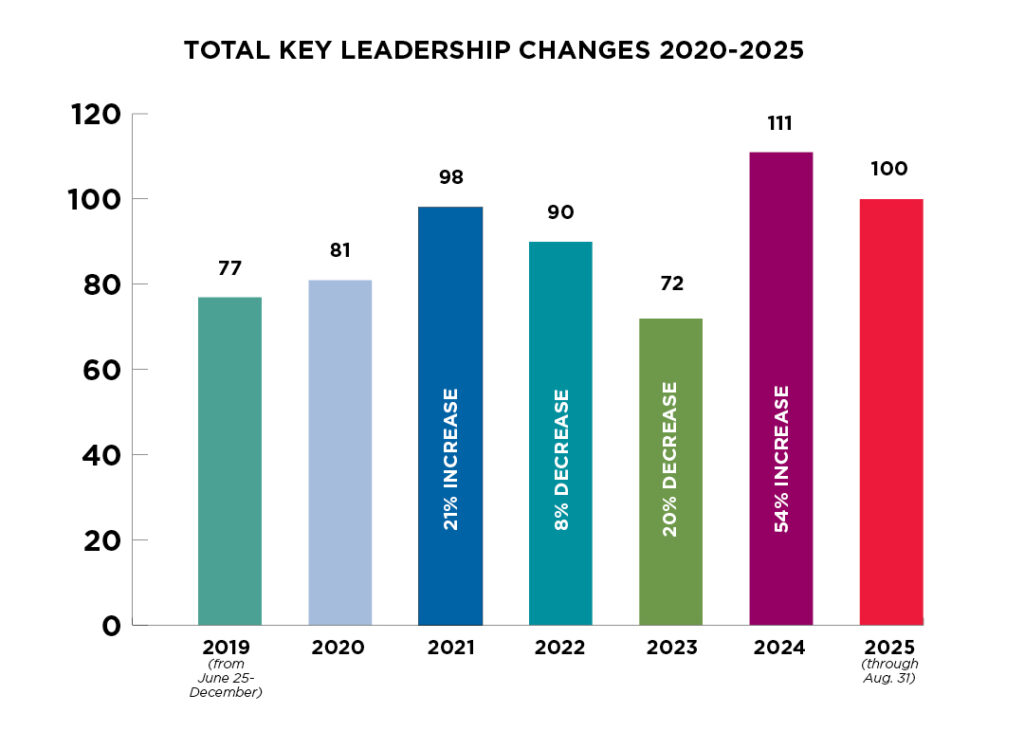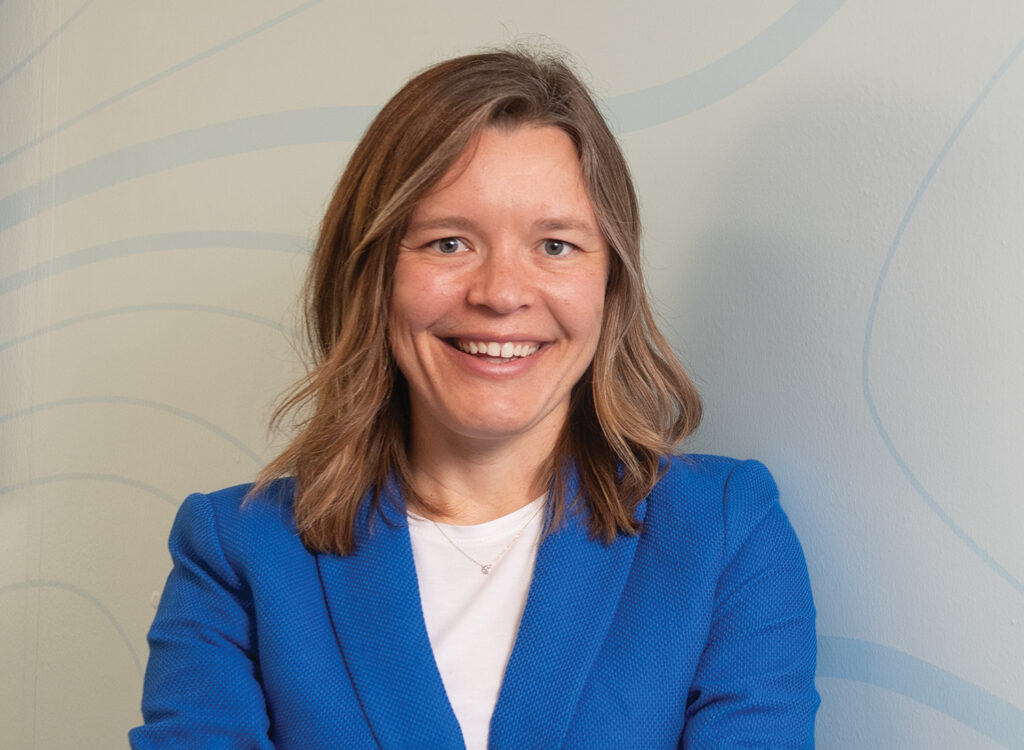New report spots local mental health service gaps

JOE GARDYASZ Sep 11, 2015 | 11:00 am
5 min read time
1,144 wordsBusiness Record Insider, Health and WellnessHigh health care costs are among the most significant barriers to Central Iowans’ access to behavioral health services and substance abuse treatment, according to a report recently released by three local human services agencies.
The report, “Challenges and Opportunities for Mental Health and Substance Use Service Delivery in Central Iowa,” pinpoints needs for greater coordination of services and provides 11 recommendations for improvements. The Community Foundation of Greater Des Moines, United Way of Central Iowa and the Mid-Iowa Health Foundation contracted with Technical Assistance Collaborative Inc. to conduct the study.
The study, published in May, asked behavioral health providers, human services agencies, law enforcement, schools, advocacy groups, government agencies and others about gaps in services, insufficient support and barriers to accessing care. The report made the following recommendations to address gaps:
-Establish a children’s system of care, with core services that provide for a full array of services and support regardless of a child’s health insurance coverage.
-Strengthen community-based behavioral health services for adults to ensure that existing services are effective and efficient and that service gaps are addressed.
-Enhance psychiatric capacity through the support of telepsychiatry, consultation with primary care providers and leveraging psychiatric residencies.
-Promote and establish a permanent supportive housing strategy to create and sustain more affordable housing for individuals with behavioral health disorders.
-Advocate to eliminate disparities in substance abuse services to support a service array more in line with mental health treatment.
-Address the lack of parity and costs associated with health insurance coverage to address high premiums, co-pays and deductibles that pose barriers for low-income Iowans to behavioral health care.
-Increase public awareness of the resources available in central Iowa and how to access them.
-Improve transportation options and coverage for individuals with behavioral health needs.
-Sponsor provider learning opportunities to help providers position themselves as participants in health care reform.
-Facilitate community forums to support and focus stakeholders through the evolving health care environment in Iowa.
-Optimize Greater Des Moines’ commitment to supporting relocated refugees through community collaboration and approaches that have proved successful for other communities.
The report also identified a number of positive attributes of the behavioral health service system in central Iowa, including:
Strong collaboration among agencies and organizations.
-A willingness to pursue innovation, such as Integrated Health Homes.
-A commitment to address the needs of low-income individuals and families with significant life challenges, including mental health disorders, substance use disorders, exposure to violence and homelessness.
-A commitment to support individuals affected by trauma, including refugees.
I recently sat down with representatives from the three organizations to discuss why the study was conducted and why the recommendations matter to the Greater Des Moines business community.
Why was this study done?
Drinnin: I think we recognized the need to get a more comprehensive picture to educate ourselves better about how these kind of changes that were happening are impacting our community. We partnered with Mid-Iowa Health Foundation and Community Foundation of Greater Des Moines because as three of the key funders in this area, it made sense to take it on as a collaborative effort. From a funder’s perspective, it will help us identify what those key needs are so we can focus our strategies. But also, hopefully, it will provide an opportunity for community partners who are really focused on this issue to highlight both the needs and also the strengths.
Are the 11 recommendations in any order of priority?
Mineck: No, but we’re hard-pressed to find other health issues that penetrate our communities as much as mental health does, so it’s time for us to come together and pay attention. The most recent statistic I’ve seen is that one in four adults is dealing with a mental health issue.
Dethlefs-Trettin: We really tried to think about how this conversation takes place across the community, because we know that it impacts across the community. So one of the exciting things about the report — but at the same time one of the very overwhelming things about the report — is how many places mental and behavioral health really touches in central Iowa.
Mineck: Whether you’re invested in food insecurity, education, housing, workforce or health, it crosses all of those priority areas. The sooner we can recognize how it crosses all of those priorities, the deeper penetration we can have in actually helping our community.
What tangible programs or action steps do you see coming out of this?
Mineck: One thing our community is focused on is refugee support and assistance — we have a refugee planning coalition that has formed in central Iowa working on strategies to better serve refugees here. There is a health subcommittee of that coalition that is really focused on supporting long-term mental health needs. And one of the benefits of the report is that it’s (highlighting) the resources and collaborations that are already happening in our community. For instance, Polk County Health Services provides an extensive range of services to individuals with mental health issues. We recently met with them to discuss how we raise up knowledge about the resources they have available to get people to the right place at the right time. One thing we hope to do pretty quickly is to increase the visibility and availability of the resources we do have in this community.
Why is this report important to the business community?
Drinnin: When I think about that, my immediate thought is related to the services available in the community to help them have the healthiest, most productive workforce that they can. So having a high-quality service system that has the capacity to address needs is really important.
Dethlefs-Trettin: And when you think about the projections for job growth for Central Iowa in the next 20 years, this type of work not only impacts those in positions currently, but also the whole pipeline of new workers.
What support are your organizations providing to move projects forward?
Dethlefs-Trettin: This (report) will become a place that we (the Community Foundation) turn to to say, “This is what the community has identified as needs; tell us how your project carries forward this work.”
Drinnin: We (United Way) have just updated our goal for health by 2020 to capture a comprehensive picture of health, so that we’re talking talking not only about physical health but also social, community and mental well-being. Our next step is that over the summer we will be revising our health strategies. We already have significant investments in mental health in the community, but I think this report will really help us identify those key issues we should be supporting, as well as gaps.
Mineck: Our board (at Mid-Iowa Health Foundation) recently approved that our next competitive grant cycle will give priority to those organizations looking to address the mental health of our community, specifically referencing the priorities raised in this report.









